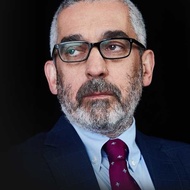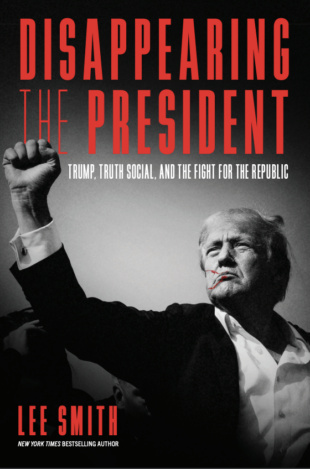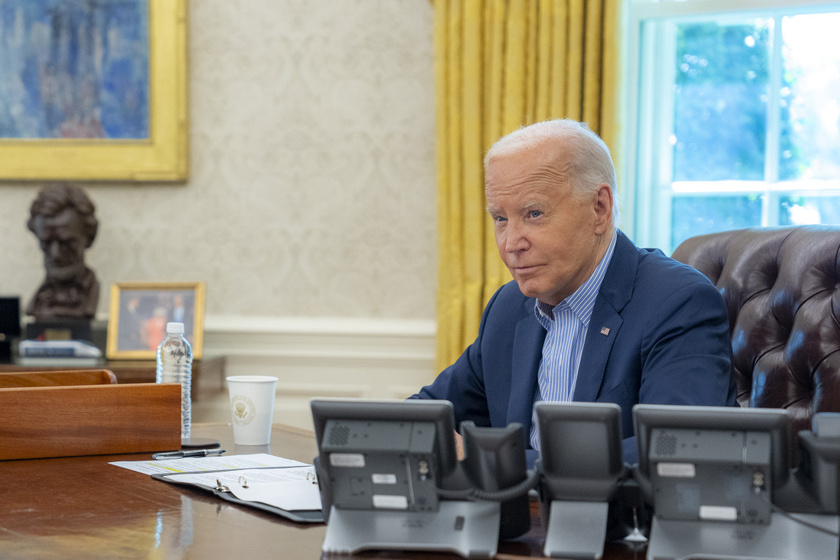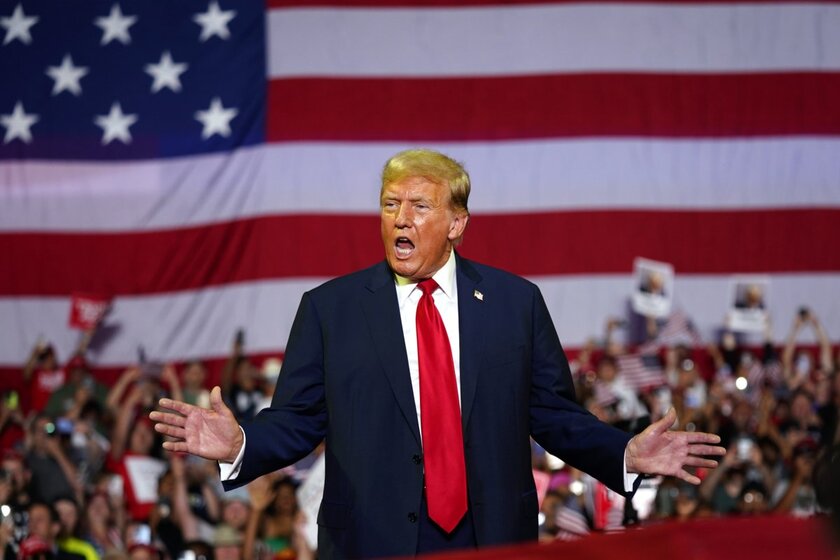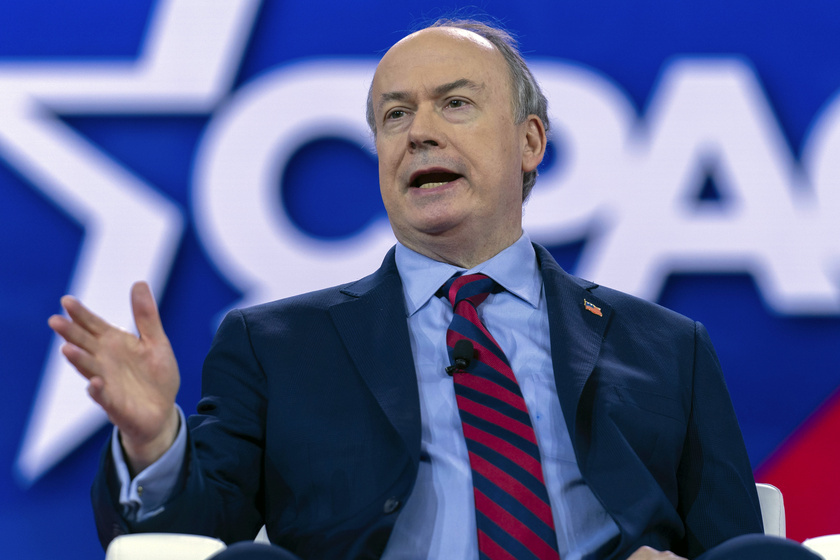
Monday’s 6-3 Supreme Court decision, Trump v US, acknowledging the President of the United States enjoys absolute immunity while conducting official affairs came as good news not only for Donald Trump but also aides who served in his administration, including Assistant Attorney General, Jeffrey Clark.
In the immediate aftermath of the 2021 election, progressive legal activist and longtime Barack Obama ally Norm Eisen teamed up with federal law enforcement authorities, the media, and Senate Democrats to zero in on the Trump appointee. A January 2021 New York Times article laid the groundwork for the attack by categorizing Clark’s efforts to give the President he served legal counsel to challenge 2020 vote results as a Justice Department coup.
In October 2021, Illinois Senator Dick Durbin called for the Washington, DC Bar to investigate Clark. This April, a disciplinary hearing committee judged (albeit on a preliminary, non-binding basis) that Clark violated a rule of legal ethics, without specifying which one, for drafting an unsent letter to Georgia officials regarding the election. The Bar’s Disciplinary Counsel said Clark should be disbarred.
In August 2023, Clark was also one of 19 people, including Trump, charged by Fulton County, Georgia District Attorney Fani Willis for interfering in the 2020 election. That case has been stalled and no date has yet been set for the trial. One of the motions pending before the judge was filed by Trump’s attorney arguing that the case be dismissed on grounds of presidential immunity.
I spoke with Clark’s lawyer, Harry MacDougald, who explained how the Supreme Court decision should help both his client’s cases.
“The Court’s ruling extended absolute immunity to ‘core constitutional powers,’” says MacDougald. “This was specifically applied to Trump’s discussions with Department of Justice officials about investigating the election, potentially replacing the Acting Attorney General Jeff Rosen with Jeff Clark, and potentially sending a letter to state officials from DOJ. Such actions are not reviewable in any other forum and cannot be restricted by Congress or the Courts.”
Those are the very activities for which Clark is charged in both the Georgia indictment and the DC Bar case. “Clark was a participant in the activities that are within the scope of the absolutely immune core constitutional powers,” says MacDougald. “If Trump is immune, Clark is immune.”
In addition, says Clark’s lawyer, “the Court held that there was a category of official conduct that was not absolutely immune, but ‘presumptively’ immune. But to prove a crime for conduct in the ‘presumptively’ immune category, no evidence can be introduced that would intrude on the President’s core constitutional powers.”
The Supreme Court, says MacDougald, “was keen to protect the exercise of core constitutional powers from intrusion, lest the President be deterred in the vigorous discharge of his duties. To prevent such intrusion, the Court prohibited the use of any evidence relating to the exercise of these core constitutional powers.”
As the Court explained: “If official conduct for which the President is immune maybe scrutinized to help secure his conviction, even on charges that purport to be based only on his unofficial conduct, the ‘intended effect’ of immunity would be defeated.”
MacDougald adds: “If evidence of Trump-to-DOJ communications cannot be introduced against Trump, they cannot be introduced against Clark.”
From a summary provided by the Court’s Reporter of Opinions:
“[T]he parties and the District Court must ensure that sufficient allegations support the indictment’s charges without such [core immune] conduct. Testimony or private records of the President or his advisers probing such conduct may not be admitted as evidence at trial.”
And, says MacDougald, “all the evidence regarding Clark’s conduct is clearly and obviously within this zone of prohibited evidence. We made a motion in the DC Bar case to exclude all such evidence on the grounds that it intruded on the President’s core constitutional authorities. The motion was, of course, denied. But the decision in Trump v. US confirms that the Constitution prohibits the admissibility of the evidence against Mr. Clark at the Bar hearing.”
All of this relates to Trump v. US and, says MacDougald, “an additional and equally solid constitutional defense is that the Supremacy Clause prohibits inferior governments such as the State of Georgia or the District of Columbia from interfering with or intruding upon the operations of the federal government. The opinion in Trump v. US cements the validity of this argument because it irrevocably establishes that the conduct for which Clark is charged is within the scope of the President’s core constitutional authorities.”
There may not be much movement on either case right away, but MacDougald and his client are optimistic, and grateful. When I spoke with Clark on the phone he told me: “Despite threats of criminal contempt of Congress, disbarment, criminal prosecution in Georgia, the destruction of my career, enormous legal fees and being ostracized by the establishment legal community, I have stood fast on principle to protect the same core constitutional authorities of the Presidency that the Supreme Court upheld in Trump v US. It has been a long and very difficult ordeal. I am strengthened by the prayers of those who support me and gratified by the vindication by the Supreme Court.
With Trump v US, the Roberts Court has sent a clear message to progressive activists who have weaponized the justice system to target their political opponents. The war may not be over, but this battle has been decisively won by the Constitution. It’s time to let Jeff Clark come home.
